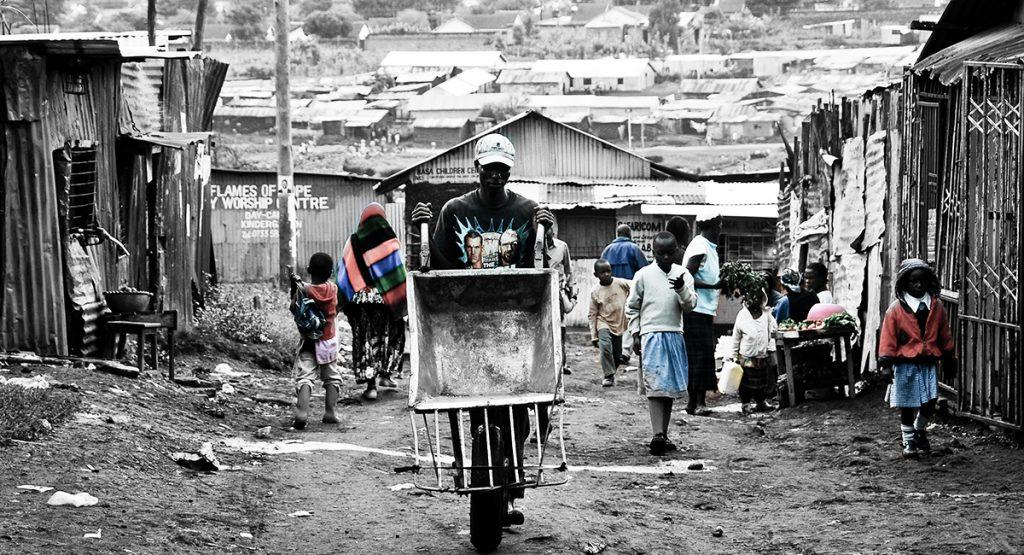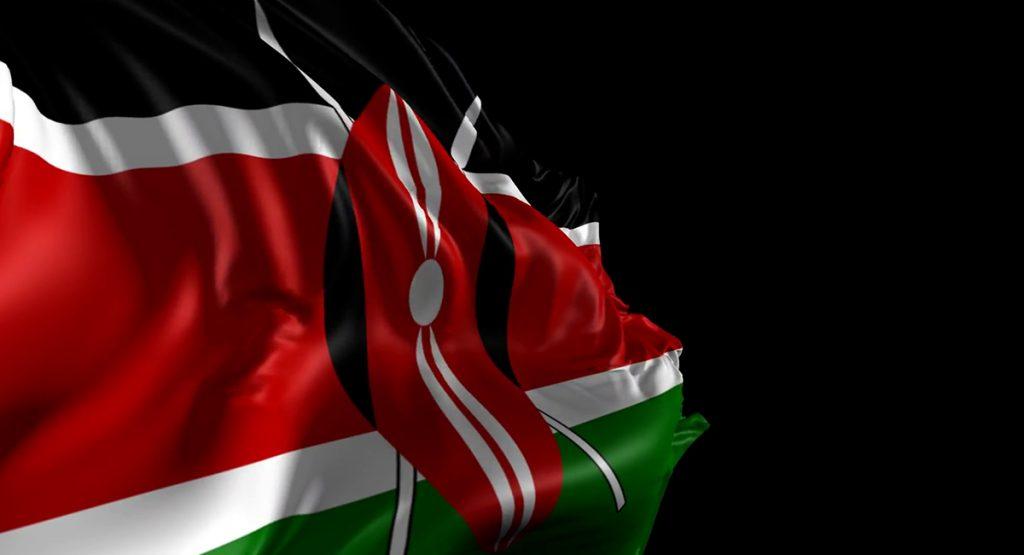ABOUT SIASA PLACE
Siasa Place (SP) is a youth-led non-governmental organization (NGO), established in 2015 that specializes in working with youth and building institutional structures that support youth. Since its inception, SP has focused on youth expertise in policy review, participation in decision making processes including the budget process, and trained youths on policy making both at the national and county level, to improve and increase accountability.
PROJECT BACKGROUND
DEFEND RECORD YAKO is a pilot project being implemented in Kericho County between January 2020 and December 2021 and targeting youth through their organizations and members of the county assembly. The project aims to capacity build youth to gain awareness on the tools and methods through which they can organize around public participation in governance and establish a working relationship with the leaders to create an enabling environment for effective engagement between youth and County leaders.
The main problem is the lackluster way in which the constitutional right to participate in decision-making and governance are implemented on the ground by duty bearers. Public engagement is reduced to tokenism and mere checking of boxes contrary to the spirit of the constitution which demands that government had to work with the people to maintain quality of service delivery. As a result youth priorities are not taken into consideration during key development decision making processes like development of County Integrated Development Plan (CIDP) and Annual Development Plan (ADP) making youth disillusioned and disengaged because they feel that they are not listened to and their needs are not met. As a result, failure in governance is often characterized by corruption and mismanagement of public funds. This has resulted in mismatched priorities between county and community, conflict of ideas, lack of community ownership, translated to lack of accountability on initiatives, which leads to failed projects.
It is in this regard that Siasa Place is proposed to create a social accountability structure through which youth can engage the duty bearers in good governance. The project trained youth group leaders who became social accountability champions on the structure of devolution, roles of leaders and necessary laws to enable them participate effectively in governance, organize community engagements and dialogue meetings to facilitate information sharing, conduct personal development training for the leaders and initiate performance tracking for the members of the county assembly. The project also engaged with county officials and built a collaborative working relationship between duty bearers and right holders. The project adopted a combination of both traditional media and social media as tools for advocacy. For instance, the project incorporates social media conversations, as well as use of creative messaging for awareness creation and update issues that youth are discussing and seeking response from the duty bearers in addition to the use of physical meetings.
1.1 Youth leaders training: The training aimed at capacity building the county leaders personal leadership development and also to introduce the project to the County, and further seek collaboration with other partners involved in similar projects. This session will be an opportunity to educate on the importance of youth inclusion, as well as capacity build leaders to often engage young people in their processes and how. The objective of the meeting is to invite other stakeholders to support SP during project implementation.
1.2 Community barazas cum stakeholders dialogue forums: These are grassroots meetings held within communities to educate youth on the importance of participating in decision making, available opportunities for participation, structure of governance, tools and methods that they can use to address issues of concern. The proposed project uses education to promote issue-based political mobilization, specifically promoting participation, utilizing non-traditional avenues such as digital platforms that give voice to youth, counter divisive narratives to facilitate civic education and engagement. The activity is set to enhance a network of youth influencers, looking at collaboration with duty bearers through dialogue forums. These forums will educate on understanding their rights, to demand those rights and to hold leaders accountable, roles of officers and securing those rights. A youth steering group will also be formed, to be the social accountability group, to build a collaborative partnership between leadership and the community.
1.3 Youth leaders strategy review meetings: The project supports youth stakeholders meetings based on the advocacy gaps identified during the follow up meetings. The meeting was aimed at facilitating information sharing, learning and planning on advocacy follow ups and further engagements between the stakeholders. The platform provided youth with the opportunity to exchange ideas with their colleagues and other leaders on how they can organize better and tackle challenges that they may face.
1.4 Online/Media engagements and radio: Hosting monthly engagements on Chapter 6, and the characteristics of a good leader, and linking it to leaders in the community as well. Call to action will involve people submitting stories of ordinary people they would like to highlight for having good character e.g. a waitress recently returning 60,000 shillings she found in a restaurant. The media engagement is to highlight young officials who are performing well in the County. This will in turn boost their visibility which will support their political career, improving their prospects for re-election.
1.5 Exit meeting: Organize one meeting for the people who have participated in the project as we end the project and hand over most of the things that they will need to follow through.
1.6 Youth leaders, women chama leaders and youth group social media administrators training : Map and identify social media administrators, train and support them to organize awareness creation and initiate dialogue to influence governance.
1.7 Advocacy training for elected ward based committee members on the right way forward: Based on the monitoring and evaluation report, most of the committee members did not have the capacity to initiate and sustain follow ups hence they were trained on how to organize dialogue advocacy
1.8 Mentorship for youth group leaders on management:The project organized a one day management training for youth group leaders to provide support to the ward advocacy committee members during their follow up process to ensure consistency and sustainability in advocacy follow ups.
1.9 Ward based advocacy follow up meetings on identified governance concerns: The project is proposing to support a total 12 advocacy follow up meetings organized by the committee and attended by 30 people (⅔ gender representation) and also aired live on social media.
2.1 Training workshop with county officials: The training aimed at capacity building the county leaders personal leadership development and also to introduce the project to the County, and further seek collaboration with other partners involved in similar projects. This session was aimed at creating opportunities to educate on the importance of youth inclusion, as well as capacity to build leaders to often engage young people in their processes and how. The objective of the meeting is to invite other stakeholders to support SP during project implementation.
2.2 Monitoring leaders performance: After training the youth on the role of different duty bearers, tools will be developed to monitor their performance based on their prescribed role in the constitution during the community barazas.
EVALUATION PURPOSE AND OBJECTIVES:
The objective and purpose of this evaluation is to generate information that will assist the project management team to determine the level of success, identify weakness and recommend improvement for project efficiency and effectiveness towards the achievement of its goals and objectives. Specifically, this evaluation aims to:
- Determine the relevancy of the interventions, lessons learned, track key outcomes and impacts related to the different project components, assessing whether the objectives, aims and goals were achieved
- Determine the prudency in resource utilization (Value for money)
- Demonstrate that programme efforts have had a measurable impact on expected outcomes and have been implemented effectively.
- Assess gaps and opportunities including approach used in execution.
- Assess the impact of the project to the beneficiary community
SPECIFIC TASKS OF THE CONSULTANCY
Under the general guidance of the Executive Director and direct supervision of the program officer and other key colleagues, the Consultant will be responsible for developing evaluation tools, administering the tools and generating the report.
In particular he/she will;
- Develop and administer tools for evaluation
- Provide expert guidance to the entire evaluation process
- Conduct an analysis of the data collected and generate a report of the findings
CORE DELIVERABLES
- Inception brief inclusive of proposed methodology and proposed work plan.
- First draft shared before validation and thereafter incorporates inputs from the validation.
- A final and comprehensive evaluation report
- A PowerPoint presentation of the findings
QUALIFICATION AND COMPETENCIES REQUIRED
Interested consultant(s) should have expertise in the following areas:
- Extensive knowledge in project management, monitoring and evaluation.
- Proven wealth of previous experiences in evaluation work with written recommendation letters & recommender’s contacts.
- At least three years of knowledge and experience in practical program evaluation in either governance, public participation and devolution
- Good understanding of public participation with demonstrated practical working experience around the same.
- Excellent drafting ability (English) and analytical skills. Good communication skills in English. Kiswahili is an added advantage
- Ability to meet deadlines.
- Must possess at least a degree in Social Sciences, Development Studies, Public/government Economics.
SUBMISSION OF PROPOSALS
Interested and eligible applicants can submit a short outline methodology of how they would conduct the evaluation, both on a theoretical and practical basis (not more than 2 pages), proposed work plan, detailed CVs of lead consultant and a link of your past work on a similar task via support@siasaplace.com
The last date for application will be on 16th December 2021 and thereafter one week within which the elevation will be done.
Please note the following:
- Subject to donor approval and funding.
- Consultant will be required in Kericho between 21st to 23rd Dec 2021
- Consultant to be available between 20th to 31st Dec 2021.



